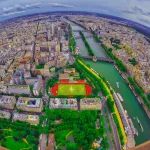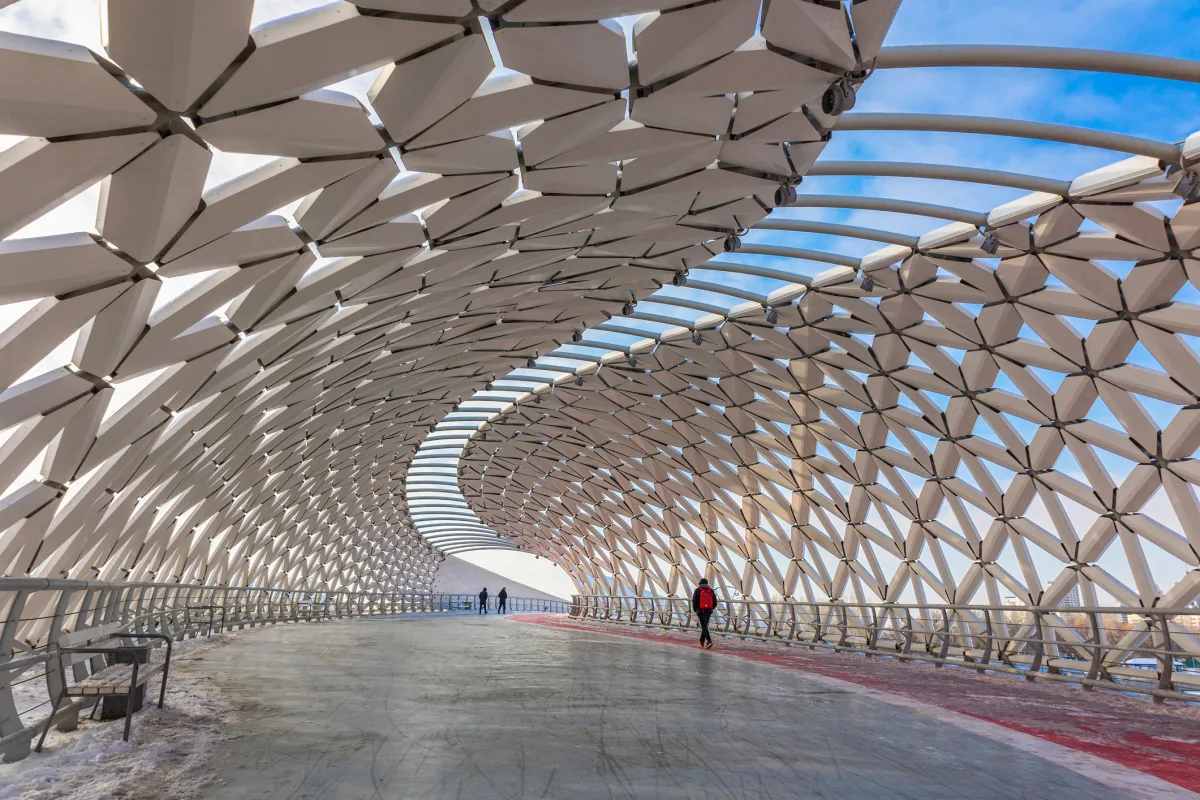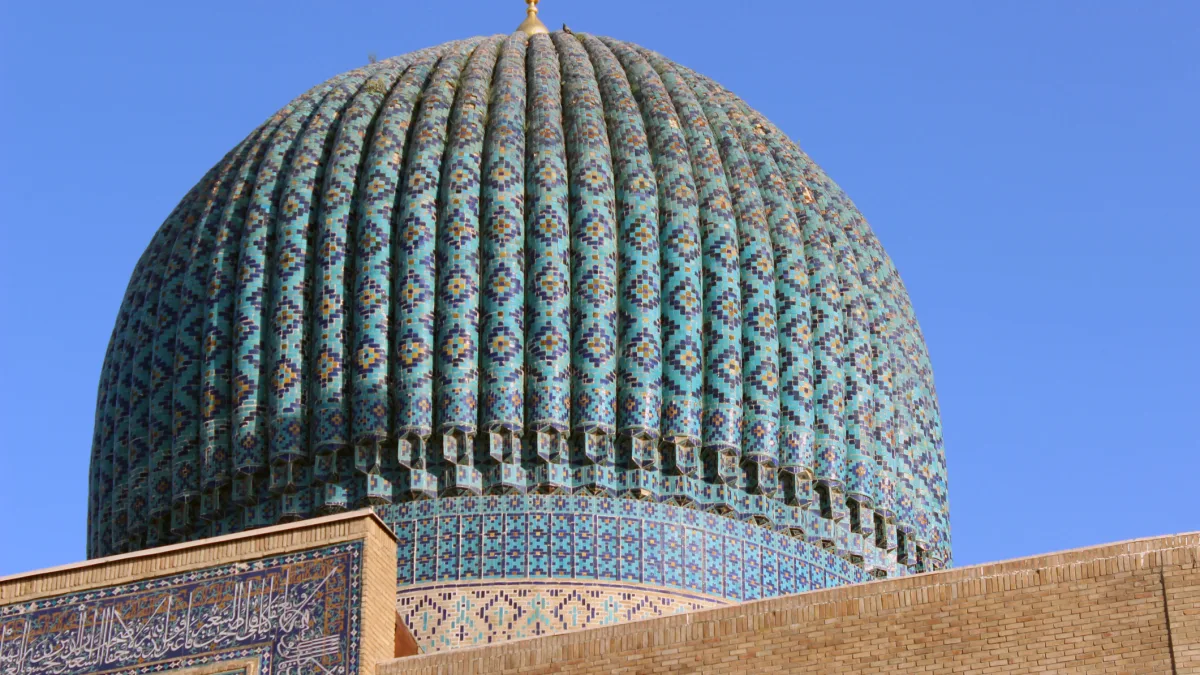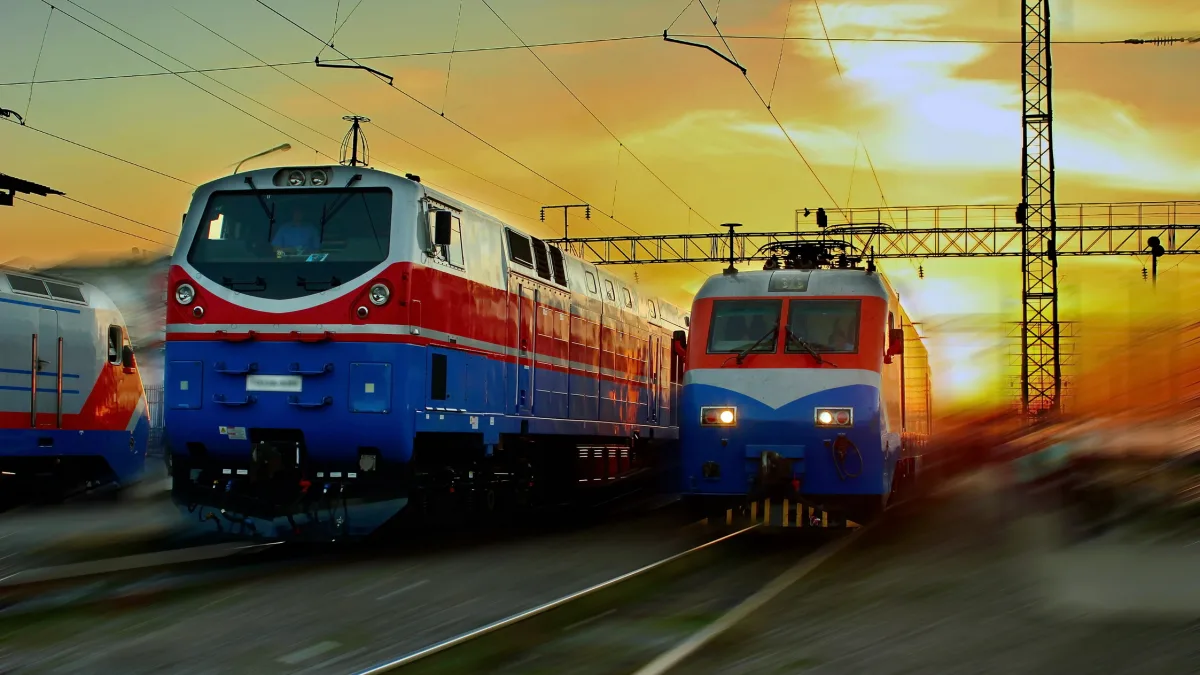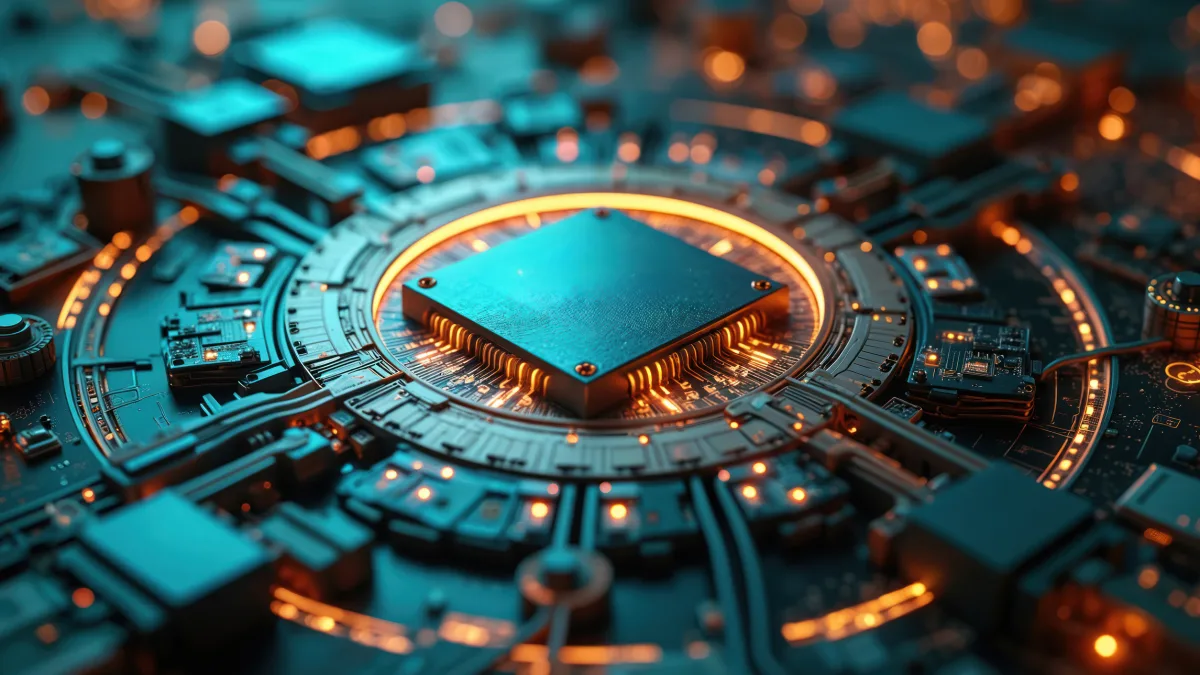With the opening of the Astana International Forum 2025, Kazakhstan’s President Kassym-Jomart Tokayev took an assertive step into the strategic centre of the world community—not as a great power, but as a catalyst for cooperation and reform.
The Astana International Forum brings together more than 5,000 delegates, including dozens of heads of state, UN agencies, top business leaders and academics from around the globe. It is no longer a regional meeting—but a geopolitical roadmap for the middle powers of our time.
President Tokayev’s opening speech went far beyond symbolic politics. It was a calculated and strategic contribution to the debate on what the future world order should look like – and who should shape it.
“We live in an era of deep global uncertainty. Multilateral institutions are failing, and old alliances are creaking at the seams,” Tokayev said. With that, he took aim at Western-dominated multilateralism and called for a new architecture in which voices from Central Asia and middle powers also gain real influence.
Where the great powers hesitate, the middle powers step forward. And Kazakhstan wants to be first in line.
Technology as geopolitical positioning
A central point in Tokayev’s speech was how digital transformation and innovation have now become key instruments in foreign policy. He announced that Kazakhstan has put Central Asia’s most advanced supercomputer into operation and that the country is establishing CryptoCity—a pilot zone where cryptocurrencies and blockchain will be used in practice.
“We don’t just want to digitalise our economy, but to define how technology is integrated into society, from AI and cyber governance to research and education,” the president said.
This technological line is no accident. It is a targeted strategy to place Kazakhstan as a digital center of gravity in the Eurasian space.
Another clear message concerned nuclear security. Tokayev recalled Kazakhstan’s historical trauma of more than 450 nuclear tests on its own soil and the country’s choice to give up nuclear weapons after the fall of the Soviet Union.
“Our experience gives us moral legitimacy to speak with authority on disarmament,” Tokayev said. He warned that the risk of nuclear war is now higher than it has been for decades and urged the world community to wake up before it is too late.
This makes Kazakhstan one of the few countries speaking clearly about both nuclear disarmament and artificial intelligence—the two biggest systemic risks of the 21st century.
A reform-oriented domestic policy
Tokayev also used the forum to show how Kazakhstan is transforming its political model. Among the measures he mentioned were a single seven-year presidential term, a strengthened role for parliament, and more political space for civil society, women and young people.
“We are moving from personal power to institutional anchoring. It’s not about seeing strong leaders—but about building strong institutions,” he said.
Kazakhstan has undergone extensive reforms in recent years, and although the country still has a long way to go, this is a course change that sets it apart from most in the region.
Kazakhstan also presented plans to host a UN-supported environmental summit in 2026 and launched the establishment of a regional UN Centre for the Sustainable Development Goals in Almaty.
This is not just green rhetoric. Central Asia is one of the most climate-exposed areas on the planet, and Tokayev pointed out that temperature rise here is occurring twice as fast as the global average.
Here Kazakhstan is building itself up as a coordinating actor in the region and as a link between global climate policy and regional action.
UN reform and the era of middle powers
President Tokayev delivered an unusually clear critique of the UN Security Council and called for real reform. Today’s world organization reflects the reality of 1945, not 2025, he argued.
“Decisions affecting billions cannot be made by a small group of great powers alone,” he said. “We need a UN that represents the entire world community—not just the hierarchy of powers.”
This is an appeal from a state that does not demand great-power status, but influence on its own and others’ behalf – a clear hallmark of the rising self-confidence of middle powers.
Tokayev concluded by reminding the world why the forum exists. Not to talk about the past, but to shape the future.
“We must create a space where dialogue is not just protocol, but a political tool. Kazakhstan stands ready to be an idea developer, compromise builder and geopolitical bridge-builder,” he said.
Kazakhstan is in the process of transforming itself from a resource-based economy to a regional innovation actor and geopolitical bridge-builder. This is happening not by imitating Western or Eastern models, but by developing its own hybrid form—based on reform, responsibility and respect for international cooperation.
At a time when Europe is fumbling and great powers prioritize balance of power over problem-solving, Tokayev’s Astana speech should also be read as an invitation: to middle powers, academics, investors and civil society—to rethink what global leadership actually entails.
Photo: Dreamstime.
